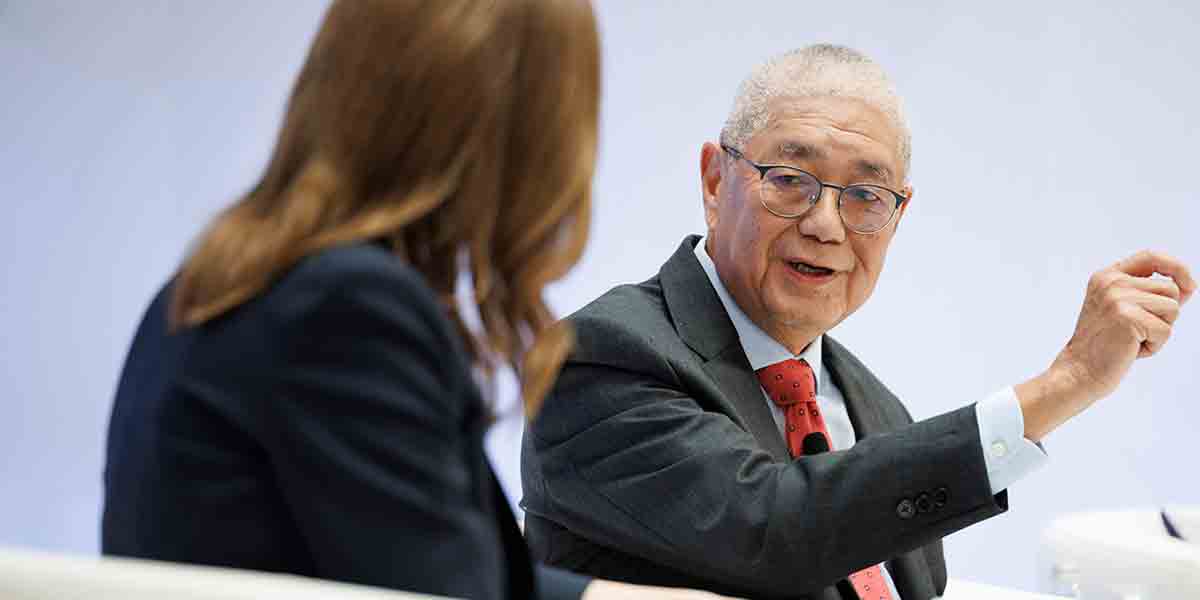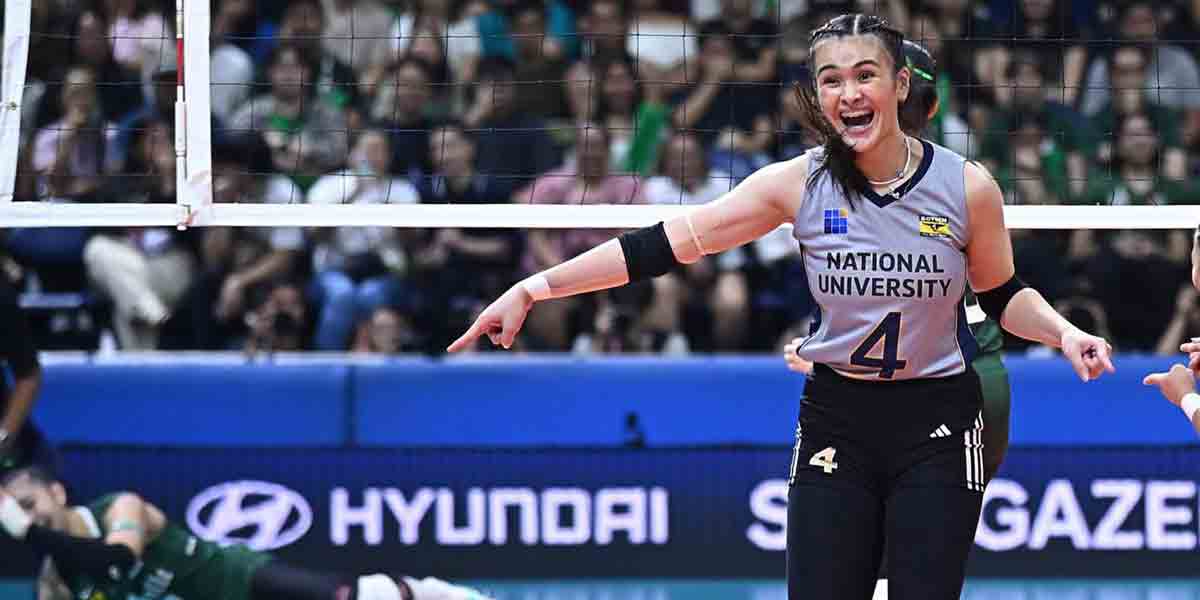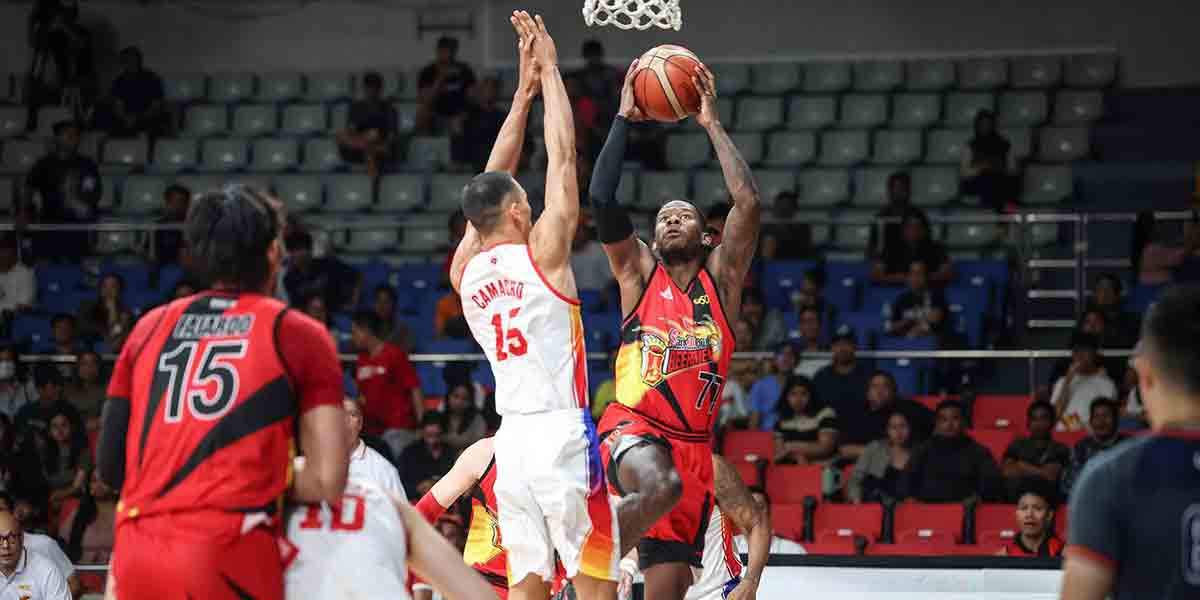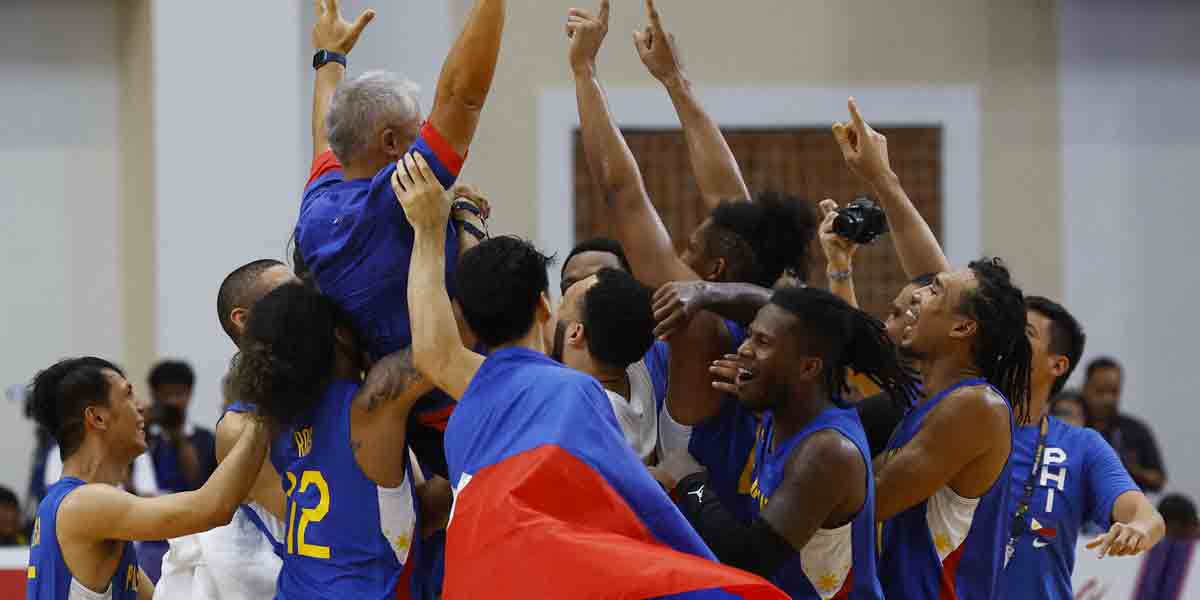 By Alex P. Vidal
By Alex P. Vidal
“Show me a good loser and I’ll show you an idiot.”—Leo Durocher
WE are saddened that some candidates in the just concluded Miss Universe Philippines 2020 contest turned out to be sore losers and cry babies.
Judging from the way they reacted and sowed intrigues in the social media and other platforms after the amazing Iloilo City bet Rabiya Mateo, 23, was crowned as the Bb. Pilipinas-Miss Universe 2020 at the Baguio Country Club on October 25, it appears they lacked fundamental values and can’t be considered by any stretch of the imagination as role models of the young generation.
Although their egregious behaviors and terrible display of unsportsmanlike conduct slightly tainted the prestigious pageant, they never inflicted any dent in the honor and prestige of Ms. Mateo’s scintillating victory.
The Ilongga beauty’s exceptional performance was witnessed by millions of people from all over the Philippines and in other parts of the world.
There was no doubt Ms Mateo was the most outstanding performer and heavily admired by members of the board of judges in the competition.
-o0o-
Like a hard-working Olympic medalist, Ms. Mateo won the competition fair and square through her intellectual prowess, humility, gracefulness, and natural beauty.
She bested the 45 other equally magnificent candidates through her skills and excellence, not because she cheated as some of her bitter and envious rivals were trying to maliciously insinuate.
The post-pageant negative reactions of some losing candidates were uncalled for and appalling, to say the least.
Their parents, if they aren’t avaricious and sore losers themselves, must be very ashamed of the way their daughters, who cast aspersions on Ms. Mateo’s victory, behaved.
We congratulate Ms. Mateo for bringing pride and honor to Iloilo City.
We also laud the people who helped her during the pre-pageant preparation level.
It was a smashing victory that lifted the spirits of all Ilonggos amid the anxiety and economic doldrums brought by the pandemic.
-o0o-
Why are some brains programmed to hate losing?
Well even if you’ve never considered yourself competitive, it turns out that psychologists have identified a phenomenon called the loss aversion, which explains that even if the outcome of a situation is the same, we feel worse when we lose something than when we gain something, explained lab roots writer Kathryn DeMuth Sullivan.
Sullivan explained: “For example, take the hypothetical situation where you are given the responsibility to choose a plan to save 600 human lives from an epidemic and you are given two choices: Plan A will 100% guarantee saving 200 lives while Plan B is 33.3% likely to save everyone but 66.6% likely to save no one.”
She added: “When the situation is proposed with this wording, of gaining something, most people will choose Plan A. But when the wording is reconfigured into something that you will lose, saying that Plan A will 100% guarantee losing 400 lives and Plan B has a 33.3% chance of losing no one with a 66.6% chance of losing everyone, most people will choose Plan B.”
Sullivan said this psychological effect is called the risky choice framing effect and combined with the loss aversion effect makes our brains make choices that may otherwise seem illogical.
She further said there is some evidence that our aversion to losing comes from a heightened reaction in the amygdala, the part of the brain that processes emotions, she explained further.
“Knowing that emotions are so integral in our decision-making despite logical mathematics is not only interesting but can also help you out if you’re ever in the role of choosing who gets to live out an epidemic!” Sullivan pointed out.
(The author, who is now based in New York City, used to be the editor of two dailies in Iloilo)





















